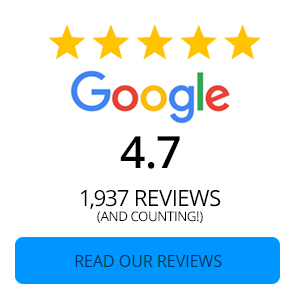Identity theft is the use of your personal information,
without your knowledge, to commit fraud or other crimes. In many cases of
identity theft, the victim is left unaware of this activity for some time after
the initial incident has occurred. The effects of identity theft can be costly
to you in terms of time, money, and stress.
Identity theft can occur from any of the following:
- When your purse, wallet, briefcase, etc. has been stolen.
- When your computer, tablet, phone, or other internet connected device, has become infected with malware.
- When businesses you have conducted business with, either local or online, have suffered a data breach.
- When phishing attempts are successful in obtaining your confidential information.
- When trash has been picked through by identity thieves, also known as "dumpster diving".
As the saying goes, as ounce of prevention if worth a pound of cure. It is much less stressful to prevent identity theft from happening in the first place than to try to untangle the resulting mess once you're a victim. Remember to keep your personal information, both hard copy and electronic versions, secure. Be careful who you do business with, especially online. Prevent phishing attempts by deleting or ignoring any suspicious phone calls or emails requesting personal information. Always remember that your financial institution will never solicit your personal information via email, phone call, text messages or social media.
If you have been a victim of identity theft/fraud, take these steps to help recover or minimize the effects. Although these are not all inclusive, they do provide a good starting point on the road to recovery.
- Notify your bank(s)/credit union(s).
- Close or Transfer from compromised account to new account(s). Be sure to redirect any of your automated payments
- Close any credit/debit cards affected and have a new one issued.
- Change usernames and passwords of any affected account from a known trusted computer.
- Request all fraudulent accounts be closed.
- Put a "Fraud Alert" on your credit report.
- Obtain and review your credit report (disputing any unauthorized activity).
- File a police report.
- File a report with the Federal Trade Commission.
- Monitor your account(s) and credit for potential future problems.
